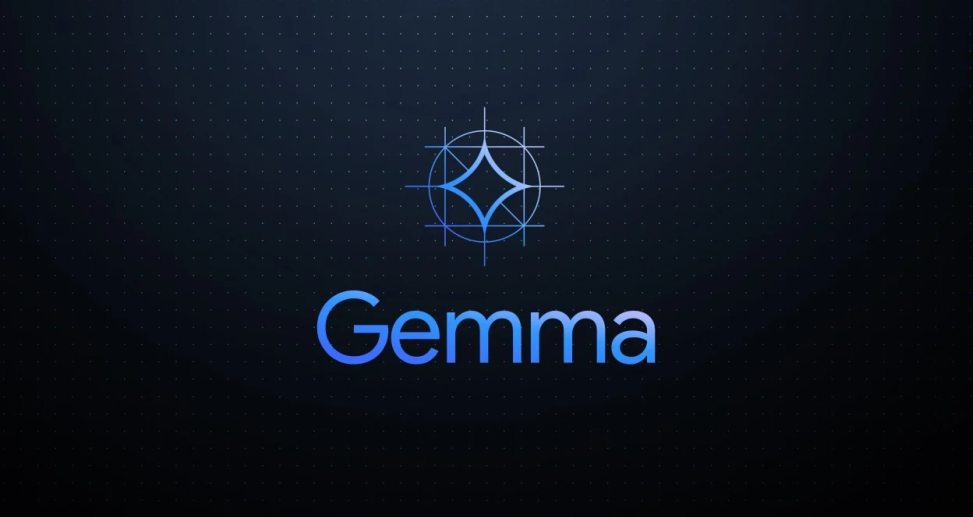In a move that mirrors Meta’s earlier release, Google has ventured into the world of open-source AI, unveiling new AI models that are available for anyone keen on experimenting and innovating. On Wednesday, Google released Gemma, a new set of models designed to support developers and researchers in their efforts to construct AI applications responsibly.
Gemma draws from the same foundation of research and technology that underpins Gemini, Google’s closed-source models. These models drive the Gemini chatbot, previously known as Bard, as well as various AI tools within Workspace, formerly referred to as Duet AI.
Google’s parent company, Alphabet, disclosed that individuals and businesses can now construct AI software using its newly introduced family of “open models” named Gemma, without any charge. The company has made crucial technical information, such as model weights, publicly accessible.
In addition to Gemma, Google is also rolling out a new toolkit aimed at fostering responsible development in the realm of Generative AI. This toolkit includes safety classification, debugging tools, and a plethora of best practices resources tailored specifically for the development of Large Language Models (LLMs).
This initiative is expected to attract software engineers to leverage Google’s technology, potentially driving the usage of its increasingly profitable cloud division. According to Google, the models are “optimized” for Google Cloud, with first-time cloud users granted $300 in credits when using them, Reuters reported.
However, it’s worth noting that Google hasn’t made Gemma entirely “open source,” retaining control over terms of use and ownership. Some experts have expressed concerns about potential abuses in the open-source AI realm, while others see it as a means of broadening participation and benefits within the technology community.
This strategic move signifies a significant departure for Google, which traditionally kept its AI advancements under wraps. Yet, with the competitive landscape intensifying, particularly with Meta’s LLaMA and OpenAI’s GPT-4 gaining traction, Google is opting to share its toolbox, potentially accelerating innovation and sparking a fresh wave of AI development.

Gemma
The release of these open-source models unlocks a wealth of possibilities. Developers can utilize them to create innovative AI applications, refine existing ones, and gain insights into the intricate workings of these potent tools, deepening our understanding of AI. It paints a picture of a collaborative world where researchers work seamlessly together, building upon each other’s progress to push the boundaries of AI capabilities.
“Gemma is a family of lightweight, state-of-the-art open models built from the same research and technology used to create the Gemini models. Developed by Google DeepMind and other teams across Google, Gemma is inspired by Gemini, and the name reflects the Latin gemma, meaning “precious stone.” Accompanying our model weights, we’re also releasing tools to support developer innovation, foster collaboration, and guide responsible use of Gemma models,” Google said in a blog post.
Nevertheless, concerns about the potential misuse of open-source AI models persist. There are fears that these models could be manipulated to produce harmful content or perpetuate biased algorithms. Hence, establishing responsible development practices and ethical guidelines is imperative to ensure these tools are wielded for positive outcomes.
This marks just the beginning of an exciting chapter in AI development. With Google embracing the open-source movement, we can anticipate a dynamic exchange between companies, researchers, and independent developers, all striving to unlock AI’s full potential. The future of AI promises collaboration, openness, and boundless opportunities, and Google’s latest move has only added fuel to the fire. The question that looms large is: What will we create with it?
In its announcement, Google didn’t extend the openness to its larger, premier model known as Gemini, unlike Gemma. Gemma models are sized at either two billion or seven billion parameters. For comparison, Meta’s Llama 2 models range from seven to 70 billion parameters in size, while Google hasn’t disclosed the size of its largest Gemini models. Notably, OpenAI’s GPT-3 model, unveiled in 2020, boasted 175 billion parameters.
Gemma is currently accessible through platforms like Kaggle and Colab. Furthermore, it’s conveniently available via Hugging Face, MaxText, and Nvidia NeMo. Additionally, Google is sweetening the deal by offering first-time users of Google Cloud $300 worth of credits to get started.
On a related note, chipmaker Nvidia announced its collaboration with Google to ensure the seamless operation of Gemma models on its chips. Additionally, Nvidia revealed its plans to enable its chatbot software, currently being developed to run AI models on Windows PCs, to work with Gemma in the near future.
